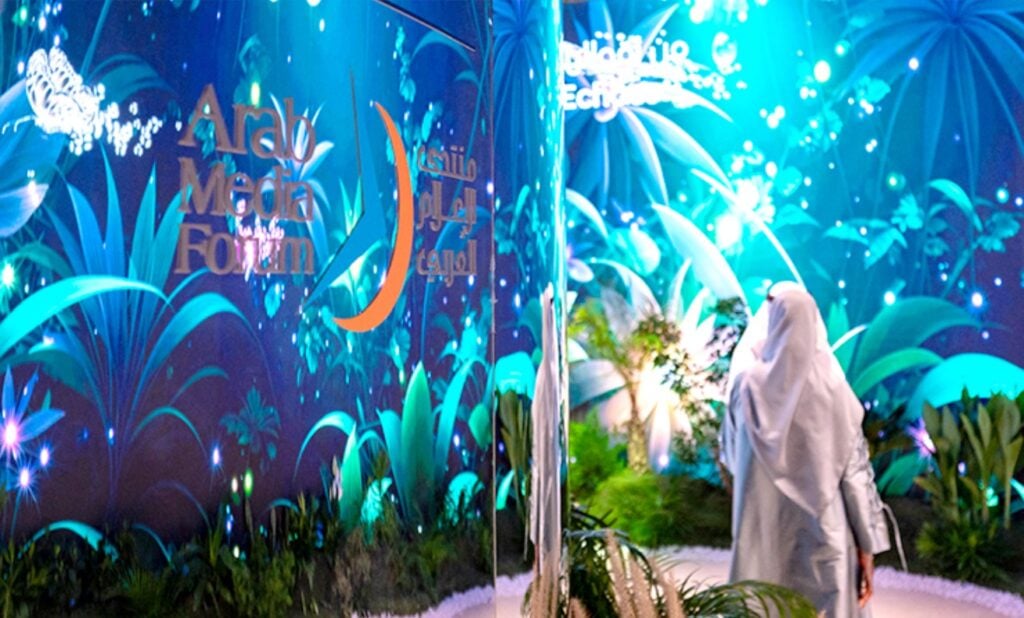
The 2024 Arab Media Forum (AMF) highlighted the transformative potential of AI in media through its AI Garden, which featured digital avatars of renowned Arab literary and media figures. This immersive experience allowed visitors to engage with the AI-generated personas of the likes of Ghassan Tueni, Habib Al Sayegh, and Hani Naqshbandi, showcasing AI’s ability to preserve and animate cultural legacies. The forum also included AI-powered art installations and real-time translation features, showing AI’s broad applicability in enhancing media, entertainment, and tourism experiences.
AI is significantly transforming the travel landscape. According to the president and CEO of the World Travel & Tourism Council (WTTC), Julia Simpson, “Several major hotel groups, including Iberostar are using AI to monitor and reduce food waste, which recently resulted not only in a 27% cost saving but prevented thousands of kilos of unwanted food going to landfill.”
Microsoft Travel, Transport, and Logistics Industry Managing Director Julie Shainock shared the B2C benefits of AI, by saying, “We are seeing AI being embraced across the entire travel eco-system enhancing the customer experience, the employee experience and also driving more efficiency in operations, but we know we are only at the beginning of the journey.”
AI can analyse vast amounts of data to understand traveller preferences and behaviours, allowing travel companies to tailor their offerings more precisely. In Qatar, AI is offering personalised itineraries and activity suggestions to guests based on preferences, interests, and budgets.
Qatar Airways also recently announced Sama, an AI-powered digital flight attendant developed by UneeQ. Sama interacts with passengers in real-time to provide flight information, personalised recommendations, and customer support, demonstrating AI’s potential to enhance customer service in aviation.
AI continues to push the boundaries of innovation in travel and tourism to meet the evolving expectations of global consumers. Jeddah’s new teamLAB Borderless museum represents immersive digital AI art for experiences. The new museum uses AI to generate dynamic environments and installations that interact with guests and each other.
In Poland’s mountain resort of Zakopane, AI technology is also being used to cater to its popular Middle Eastern and African travellers. Through AI-generated Arabic signs, the town is able to be more flexible and inclusive and communicate with its global travellers cost-effectively.

